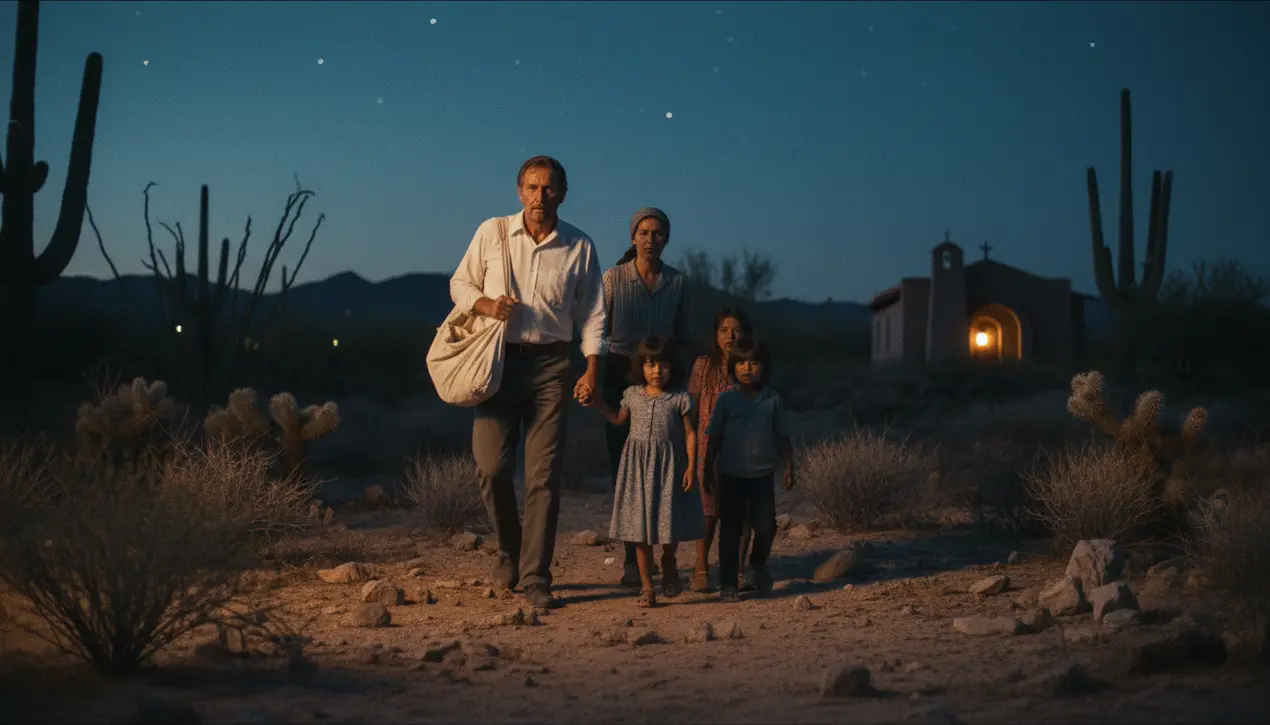
Politicshuman rightsRefugees and Migration
Sanctuary as Subversion: The 1980s Movement That Defied the State
AN
Anna Wright
14 hours ago7 min read3 comments
During the politically charged 1980s, a powerful act of moral defiance took root in the American Southwest. The Sanctuary Movement emerged not as a simple protest, but as a profound theological challenge to U.S. immigration policy.Its genesis lay in the brutal civil wars of Guatemala and El Salvador—conflicts fueled by American Cold War strategy. While the U.S. government classified those fleeing the violence as economic migrants, a coalition of religious figures from Presbyterian, Catholic, Quaker, and Jewish traditions recognized a higher calling.They saw a biblical mandate to protect the vulnerable, transforming their churches into modern-day refuges. Leaders like Reverend John Fife and Jim Corbett orchestrated a clandestine network that smuggled Central American refugees across the border and into a chain of safe houses, publicly declaring their places of worship as sanctuaries in an act of deliberate civil disobedience.The movement's power derived from witness. Activists gathered firsthand testimonies and evidence of torture from war zones, bringing these stories directly to their congregations to confront the human cost of deportation.The Reagan administration struck back with a major 1985 trial, charging movement leaders with conspiracy and smuggling. The courtroom became a platform for the defendants to put U.S. foreign policy on trial, framing their actions as a necessity of faith.Though convicted, they received lenient sentences—a silent nod to the moral weight of their cause. The Sanctuary Movement's enduring legacy is multifaceted.It failed to halt deportations but irrevocably altered the national discourse on asylum, paving the way for legal protections like Temporary Protected Status. Its most significant contribution was demonstrating the formidable, and often risky, collision of religious conviction and political resistance. It forced a fundamental question into the public square: When state law violates a deeper ethical duty, where does true loyalty reside? The activists answered with a theology of action, a dangerous and necessary form of smuggling whose echoes are felt in every modern debate over borders and conscience.
#Sanctuary Movement
#US-Mexico Border
#Activism
#Religious Leaders
#Refugees
#1980s
#Tucson
#featured
Stay Informed. Act Smarter.
Get weekly highlights, major headlines, and expert insights — then put your knowledge to work in our live prediction markets.
Related News
Comments
Loading comments...
© 2025 Outpoll Service LTD. All rights reserved.